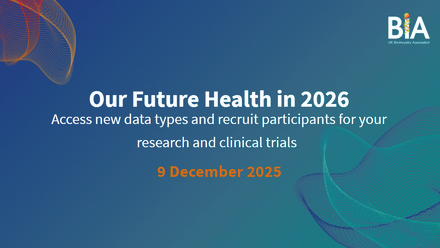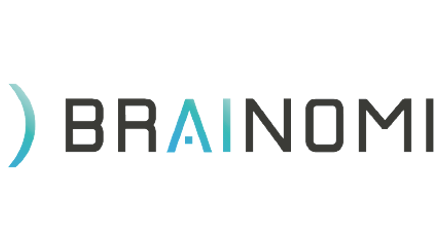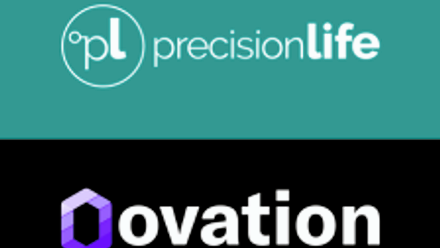TechBio innovator spotlight: Faster, more accurate diagnosis of prostate cancer
Ahead of TechBio UK conference, we'd like to shine the spotlight on some of the companies that are working at the interface between biotechnology and technology. TechBio companies, like Jiva.ai, combine cutting-edge techniques from both sectors to draw insights from a wealth of data to inform and transform drug discovery and patient care.
Suspected prostate cancer cases need a biopsy, 80% of which result in complications. Improving diagnosis, using artificial intelligence with patient MRI scans, will reduce the risk of complications and speed up diagnosis.
What’s the breakthrough?
Innovators at Jiva.ai have trained artificial intelligence (AI) to recognise potential prostate cancer tissue from MRI scans. The software automatically labels the images, making it easier for radiologists to read the scans. Trials have shown over 90% sensitivity and specificity scores, which is better than the average radiologist.
The Jiva.ai team are set to have produced the first AI-based solution trained on thousands of MRI scans.
What data was used?
Data from NHS electronic health records were used, including MRI scans, blood test results and patient demographics. The data was from the Hywel Dda NHS Trust in Wales.
What was done with the data?
Staff at Jiva.ai have developed an AI computer application that outlines tumour presence from prostate MRI scans. It sits in existing radiology practice and automatically annotates image files. The tool uses a variety of machine learning techniques to build AI models to any level of complexity.
Why is this needed?
Prostate cancer is set to become the most common cancer in men with approximately 50,000 new cases every year. Subjectivity in diagnosis is a known issue with sensitivity recorded as low as 57%. Unnecessary biopsies lead to complications in 80% of patients, including rectal bleeding and erectile dysfunction. Biopsy complications have high cost and time implications, which means that radiologists are under increasing pressure to improve efficiency.
How was the data accessed?
A thorough assessment of how data will move from source to Jiva.ai was conducted. This ended in a Digital Technology Assessment Criteria (DTAC) that specified details such as data at rest, retention policies and terms of use. As this was a research project the data was pseudo‑anonymised manually by a clinician before being shared.
The participants had consented to take part in the research and the project underwent ethical review at Hywel Dda.
About Jiva.ai
Jiva.ai was founded in 2019 and is based in Cardiff with a team of 12. The AI company uses a model fusion first approach to machine learning to provide a sophisticated platform that enables multi-modal AI. Jiva.ai describes its platform as a low code/no code platform with interfaces that clinicians with no coding or tech knowledge can easily use. Learn more about Jiva.ai






